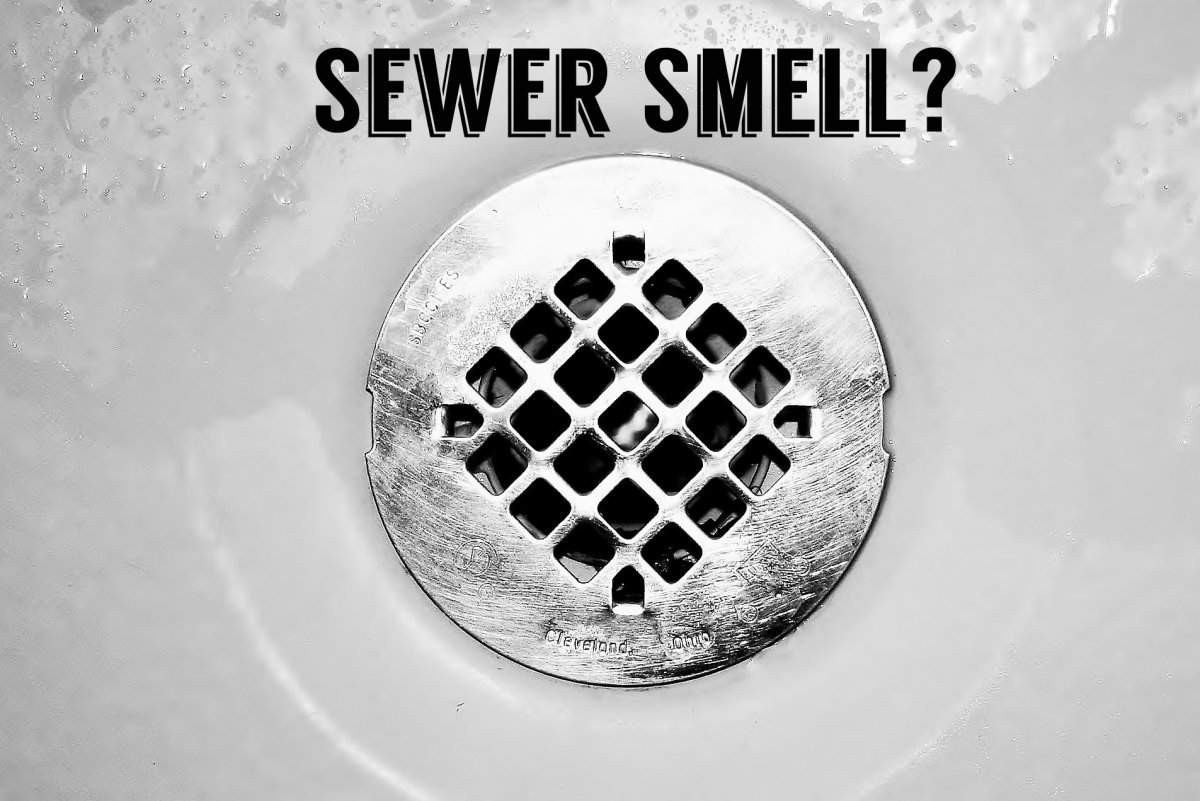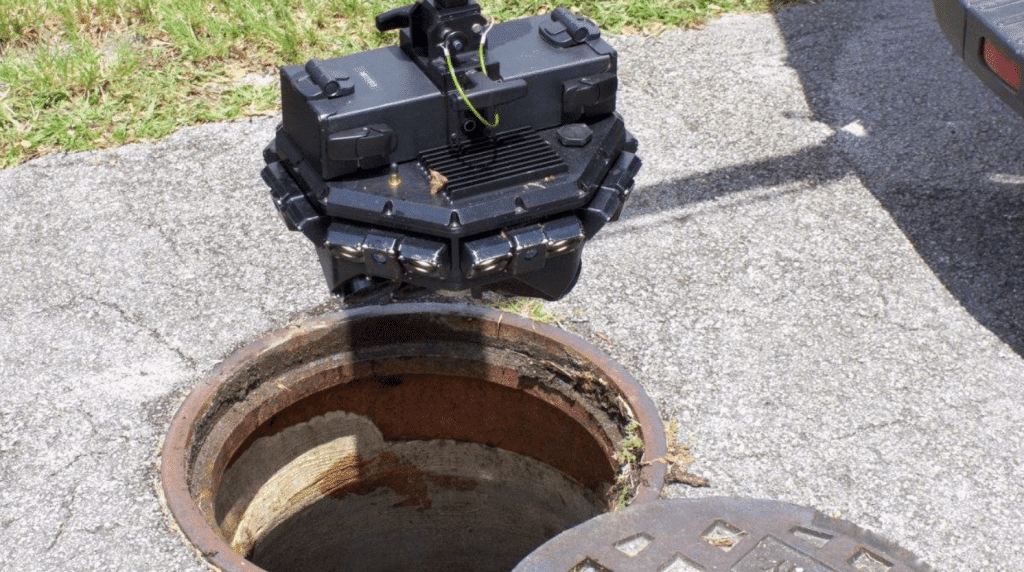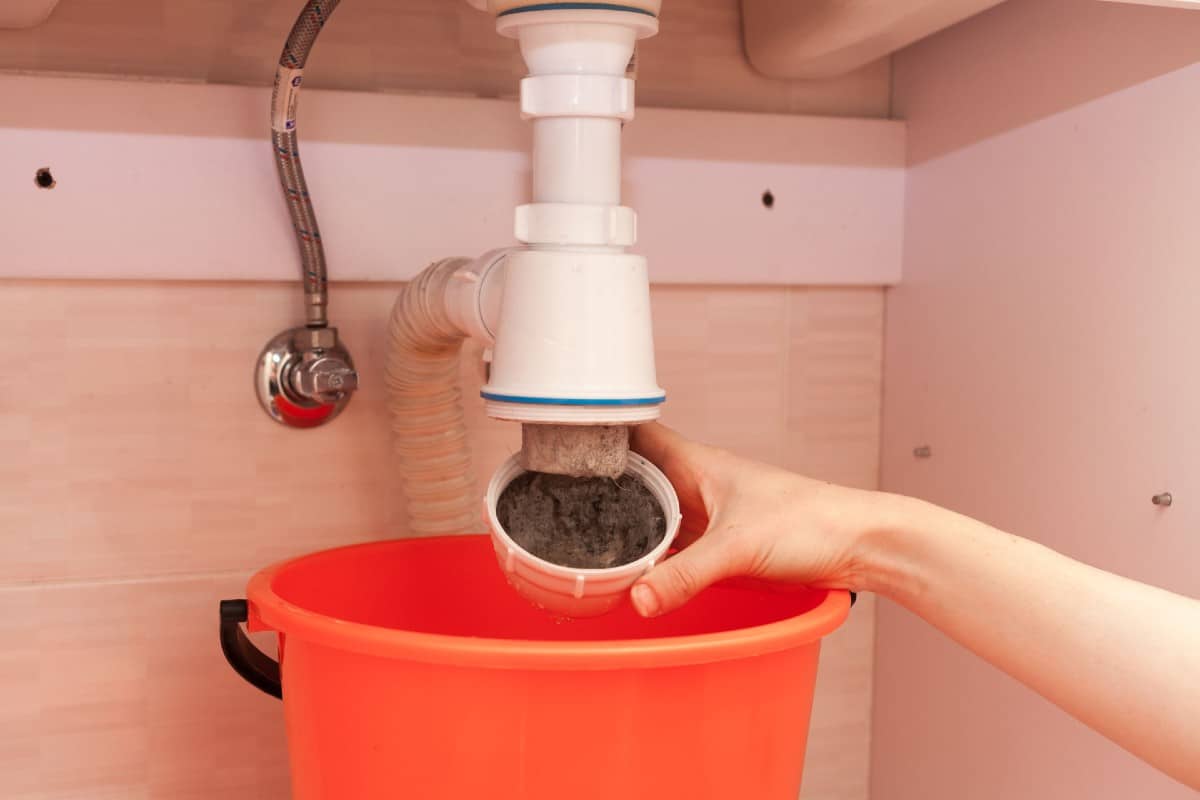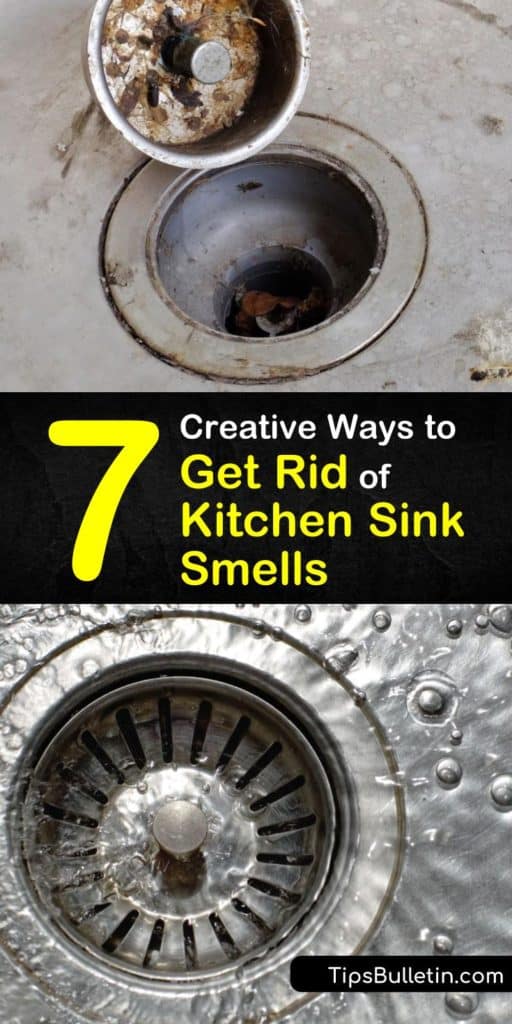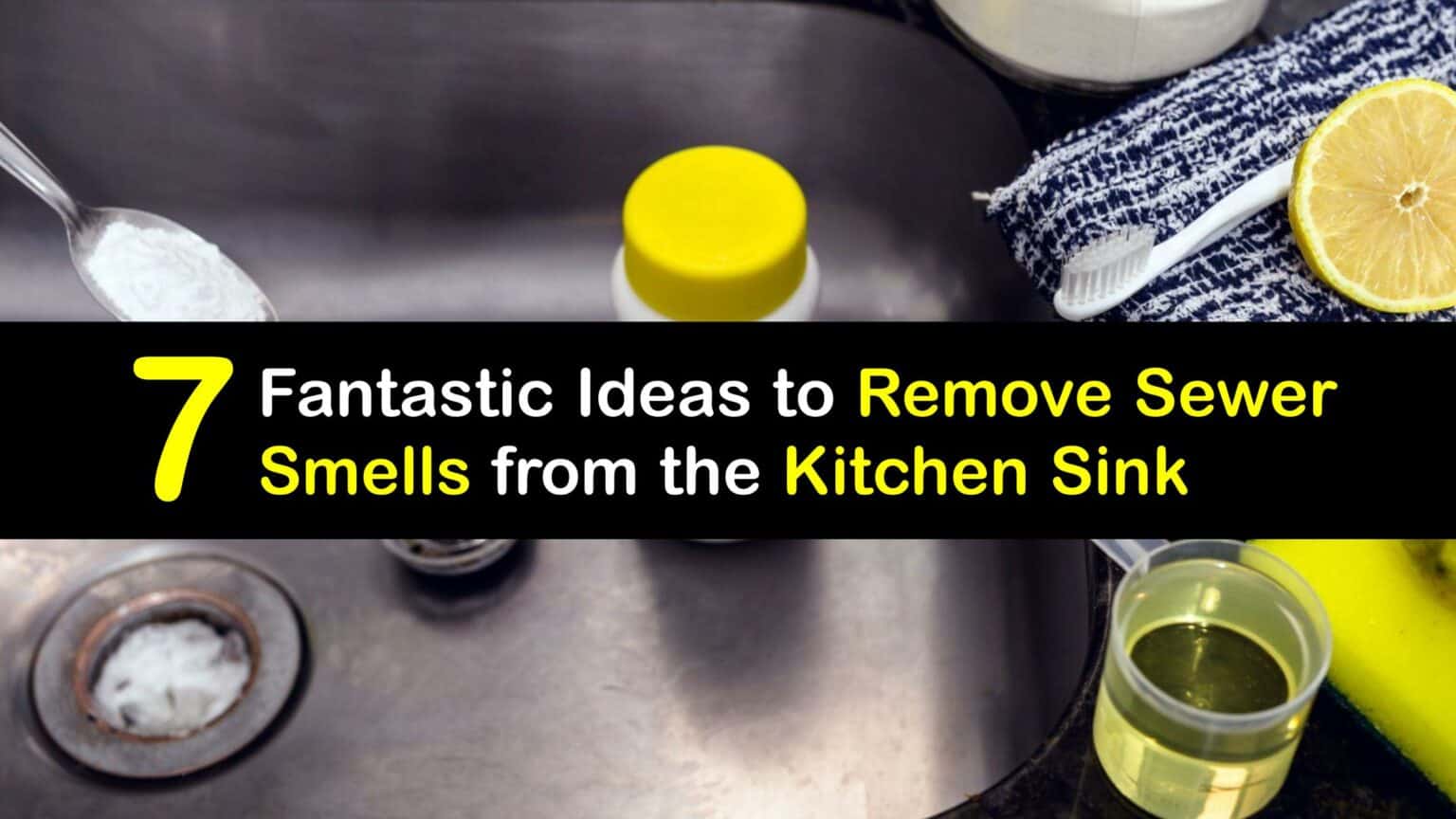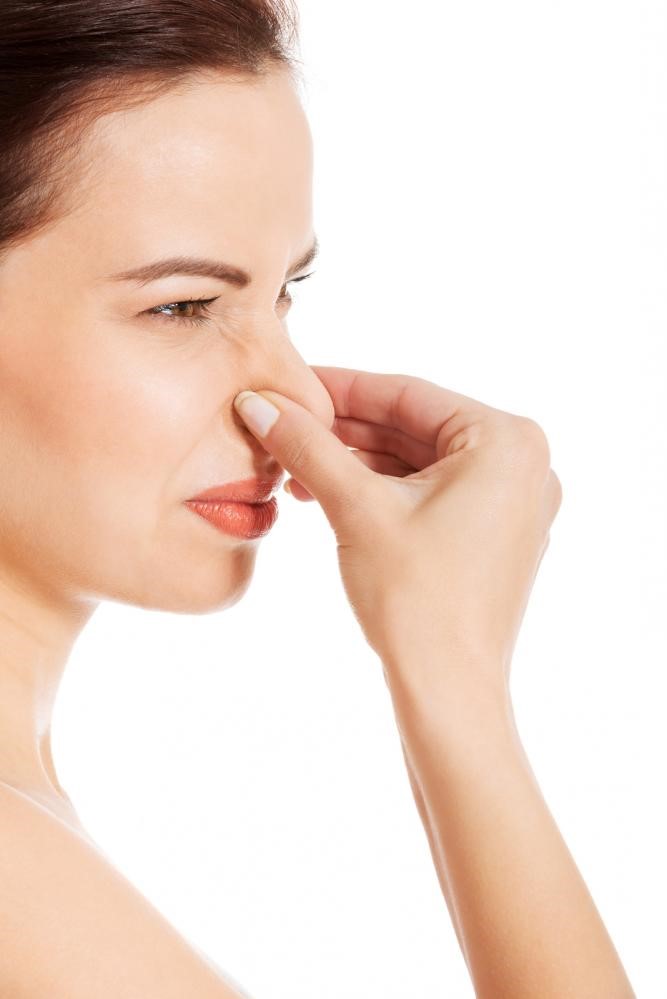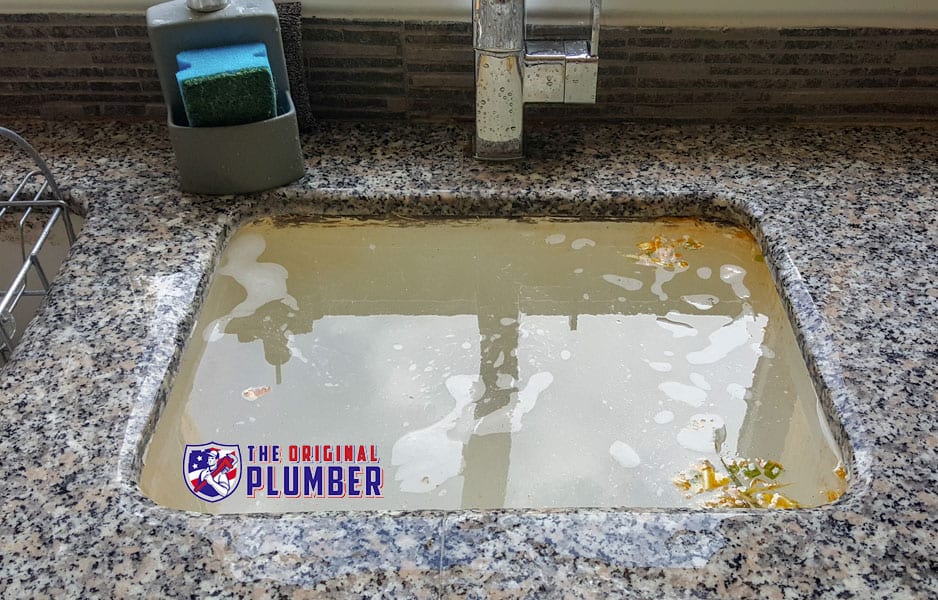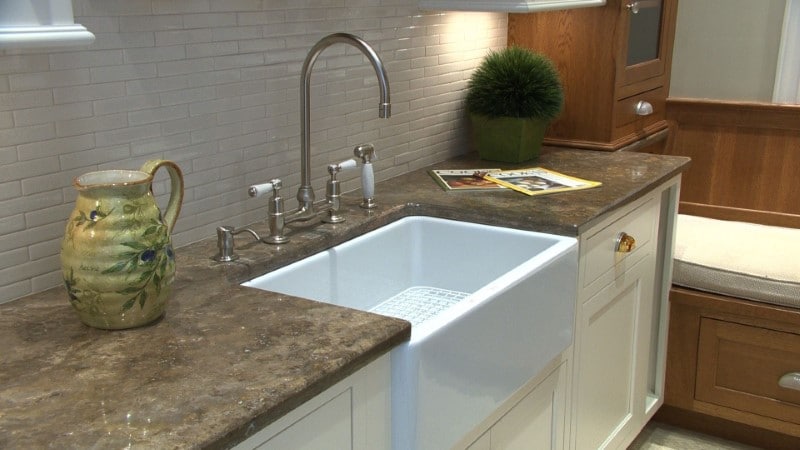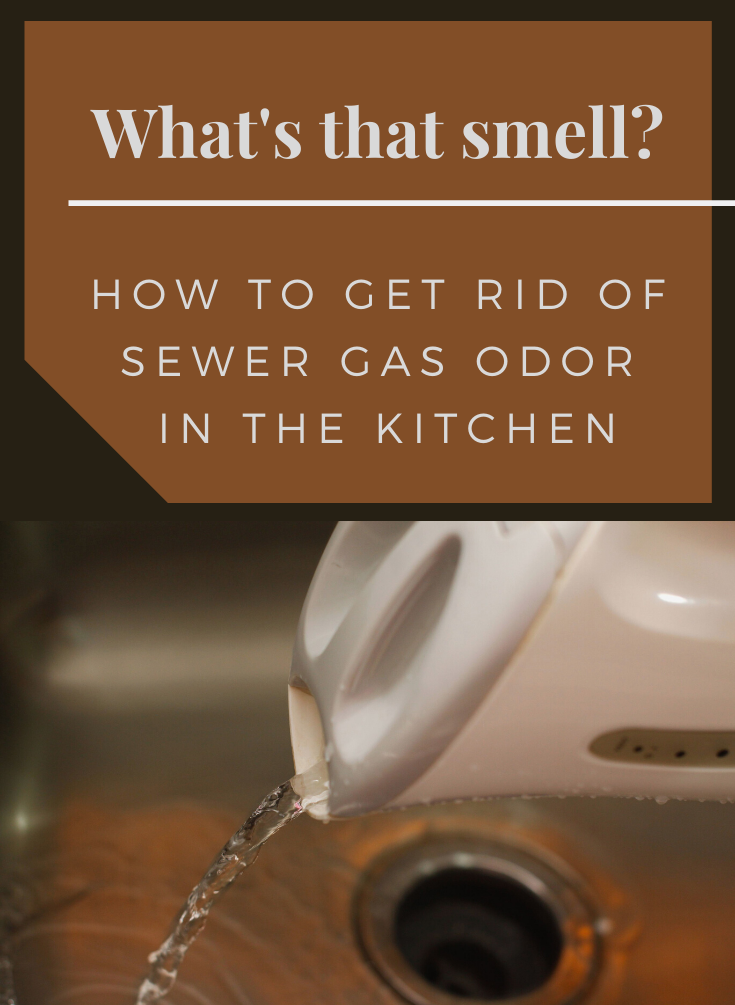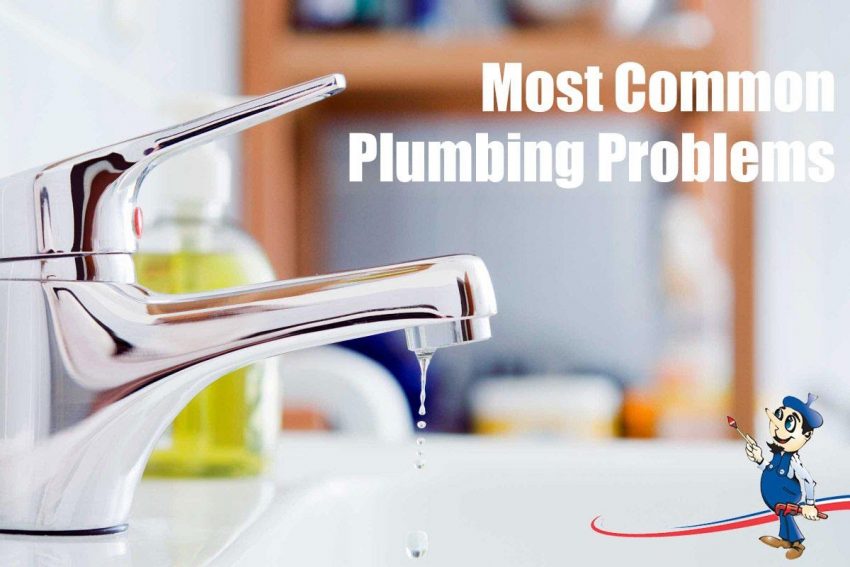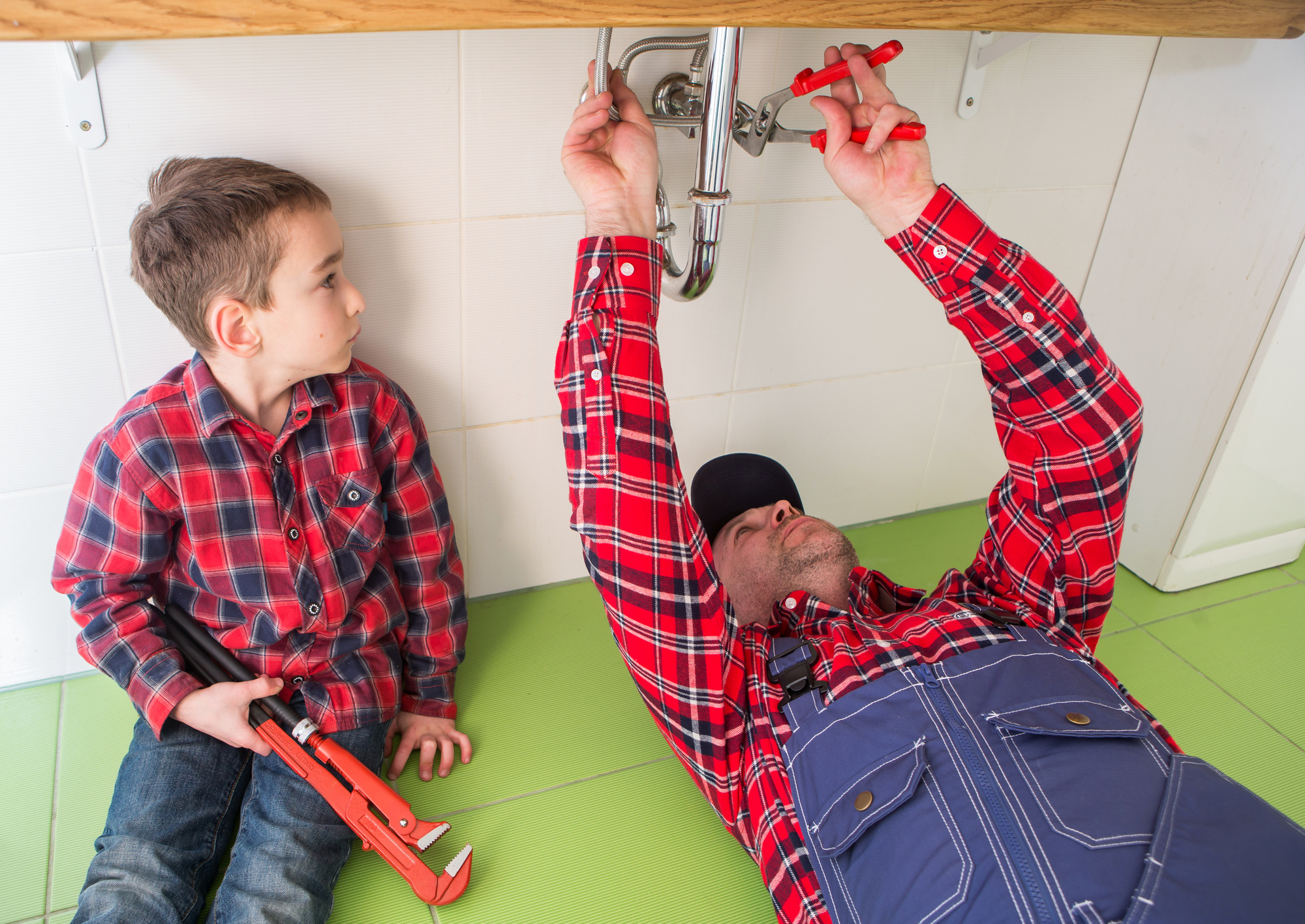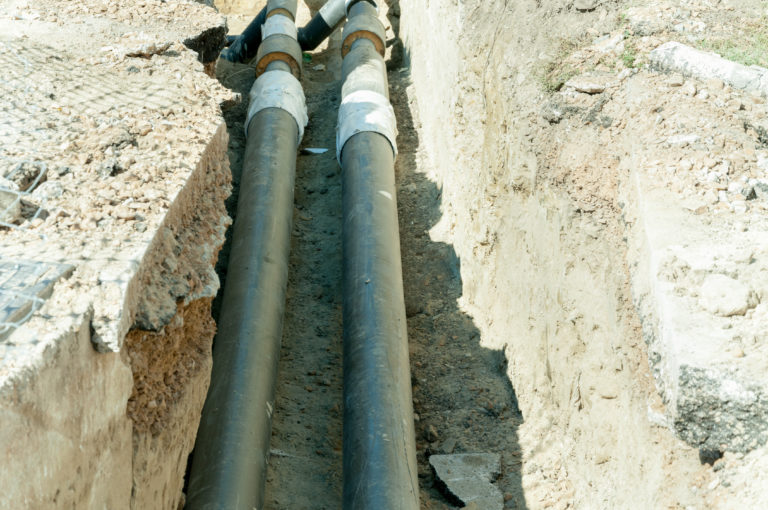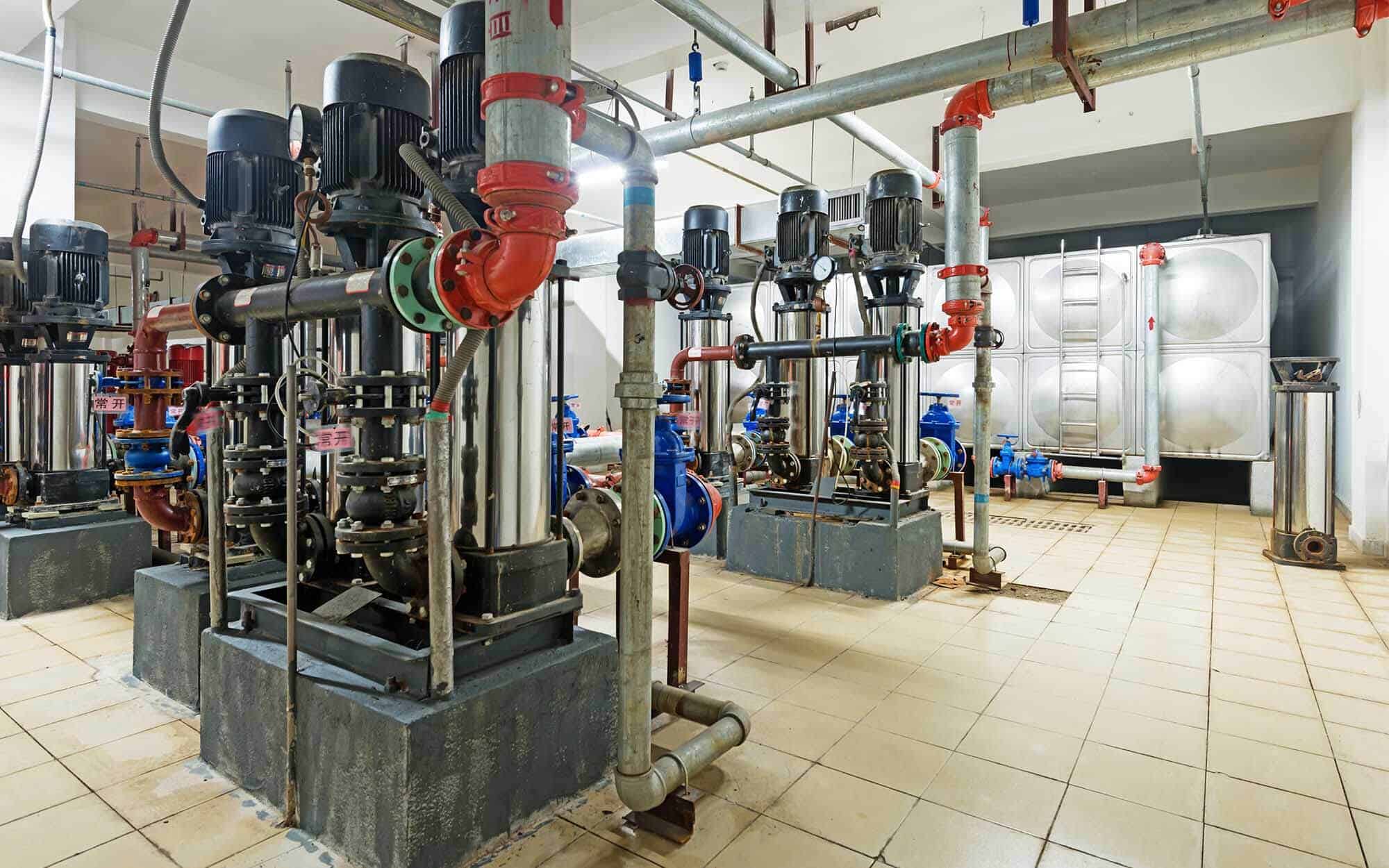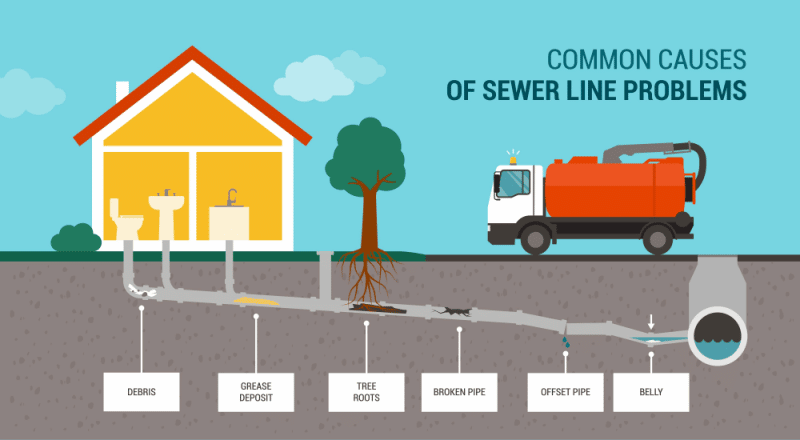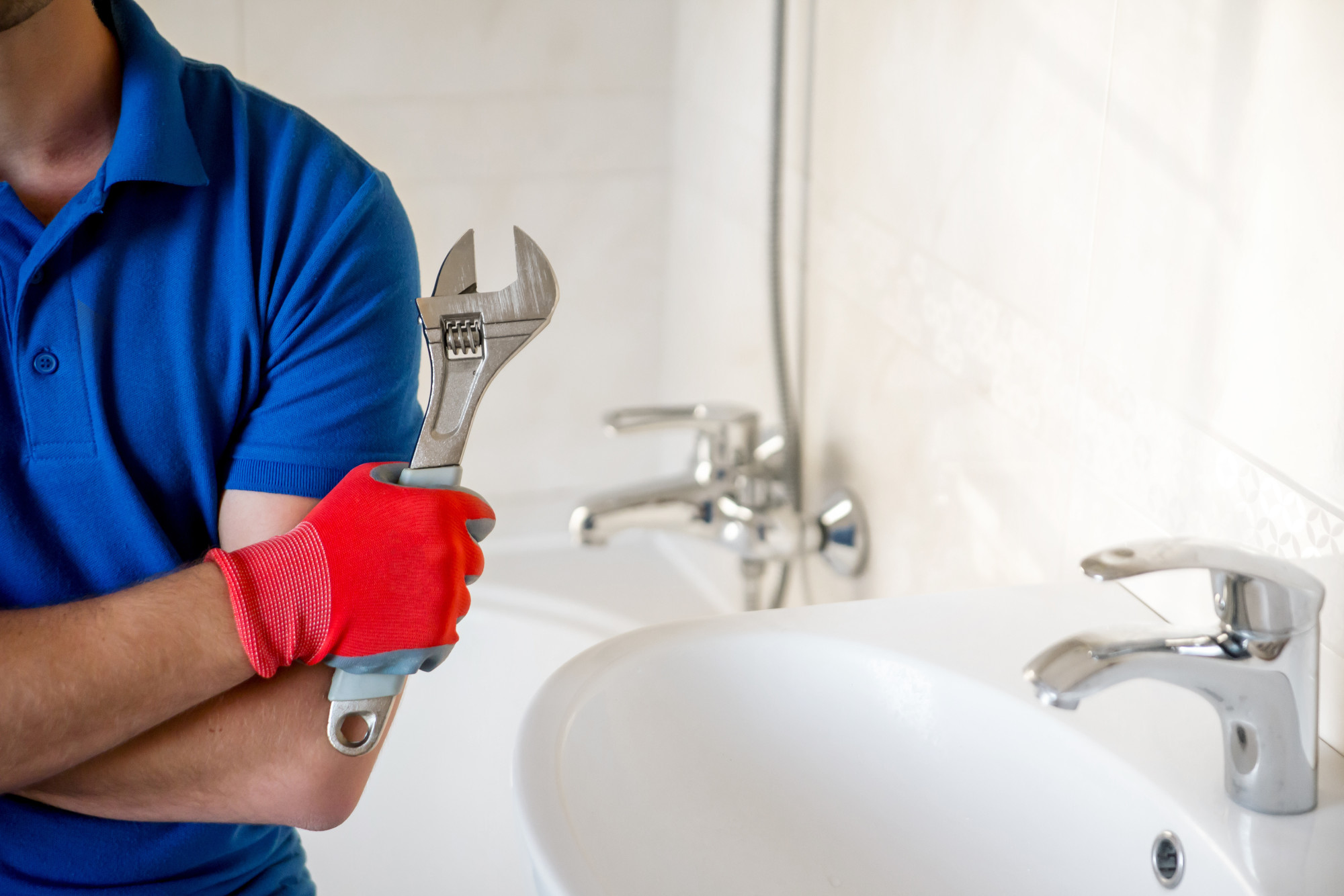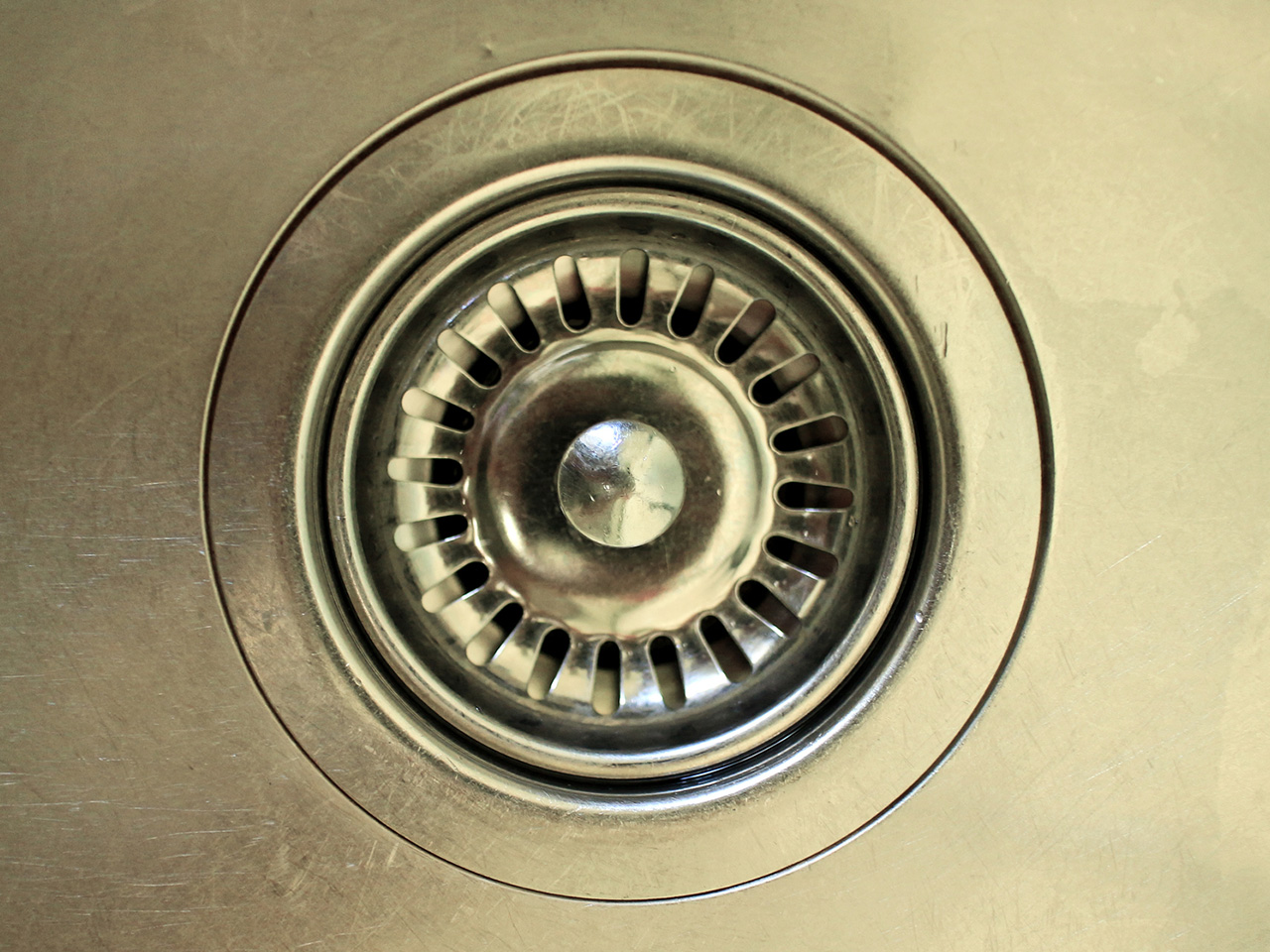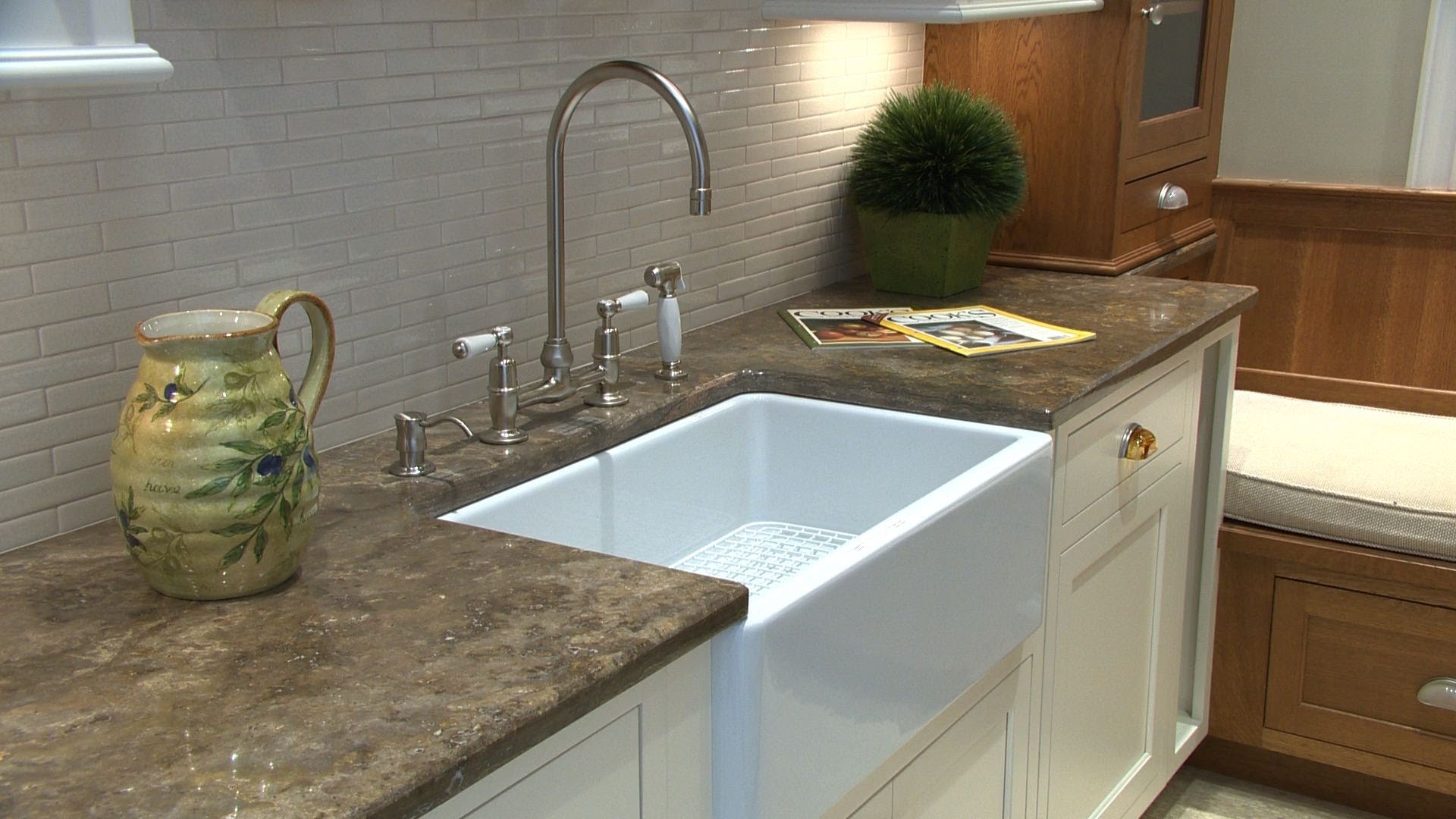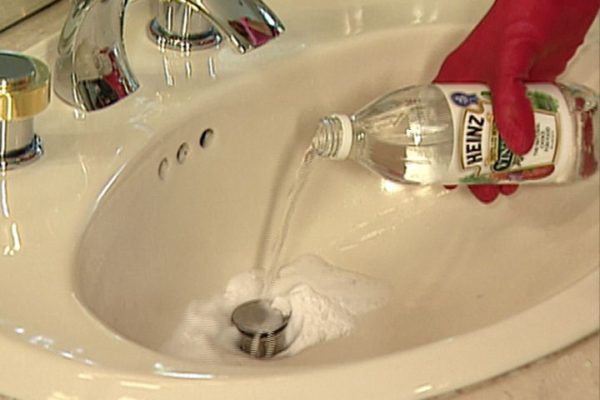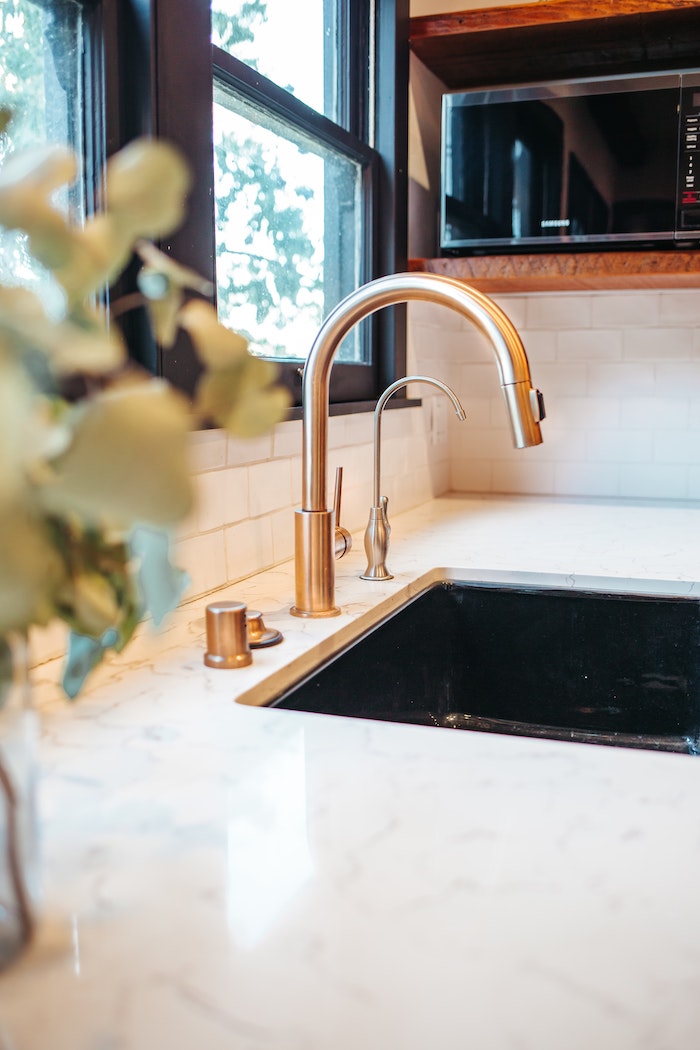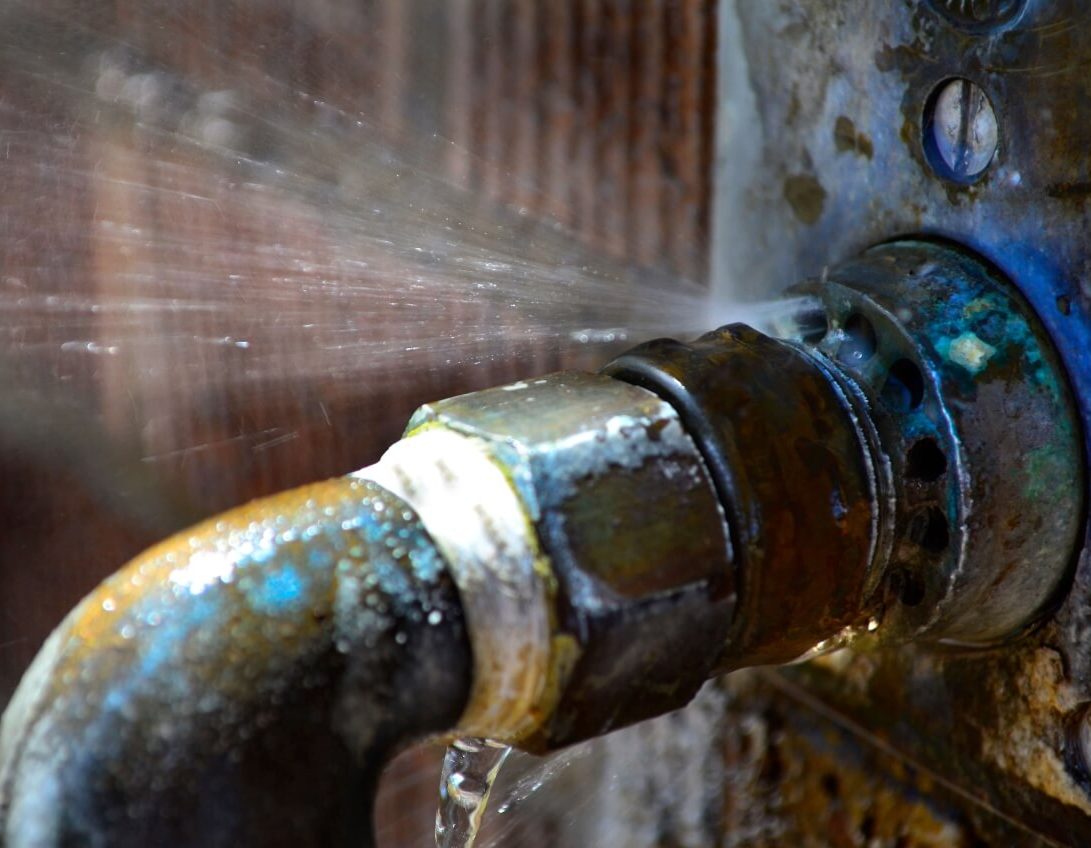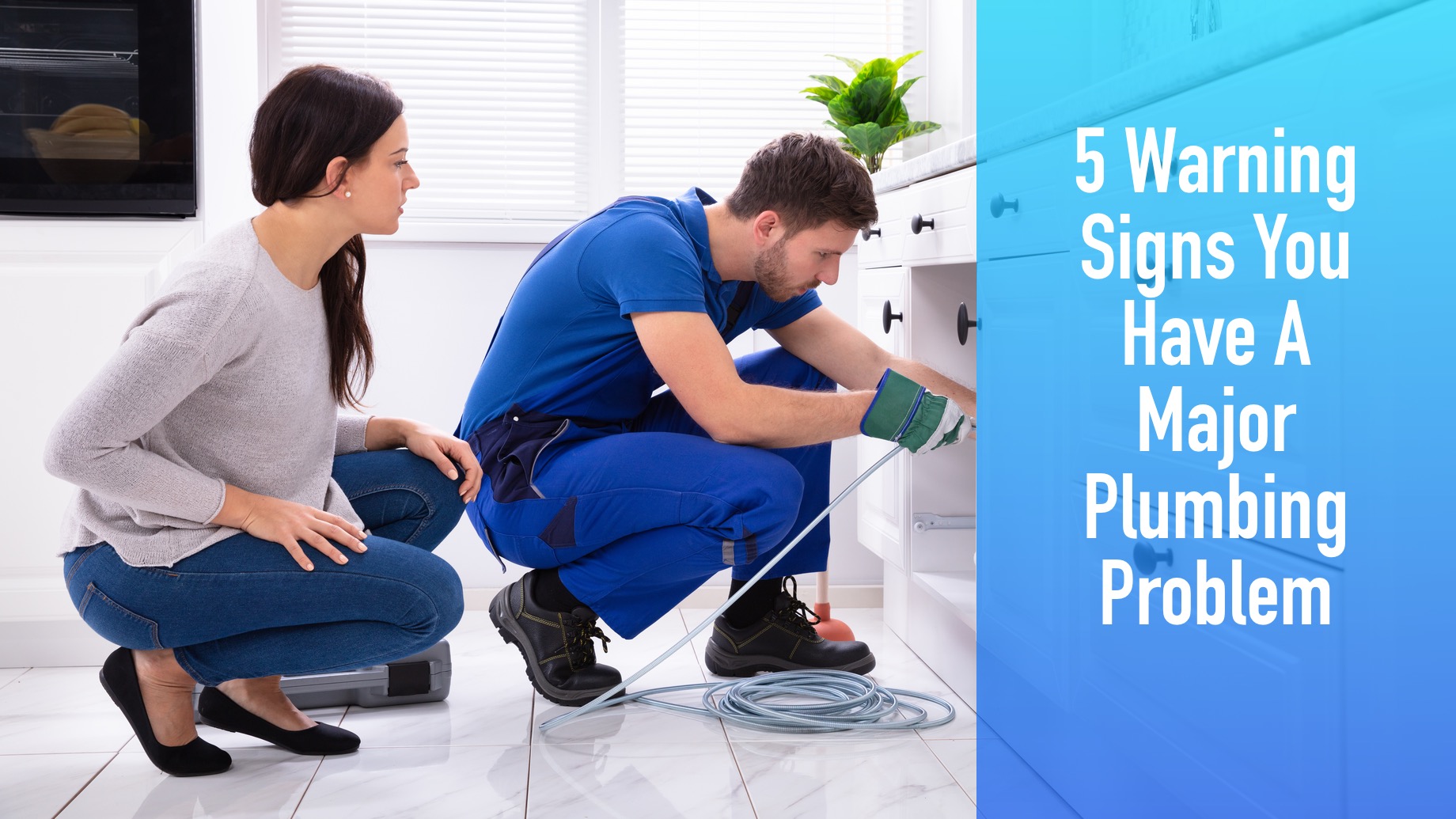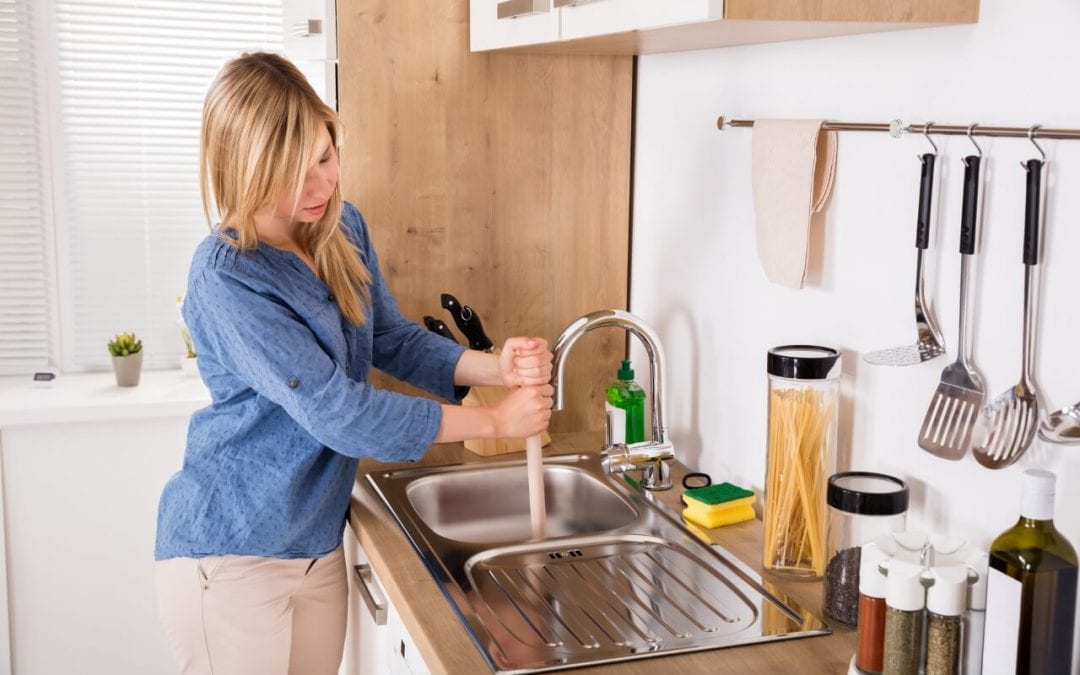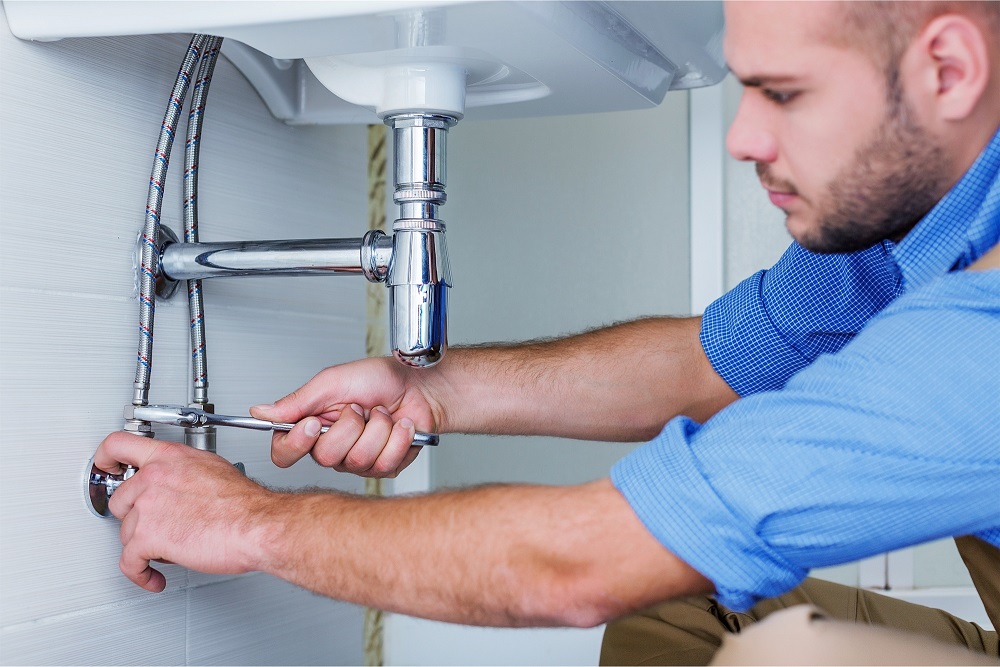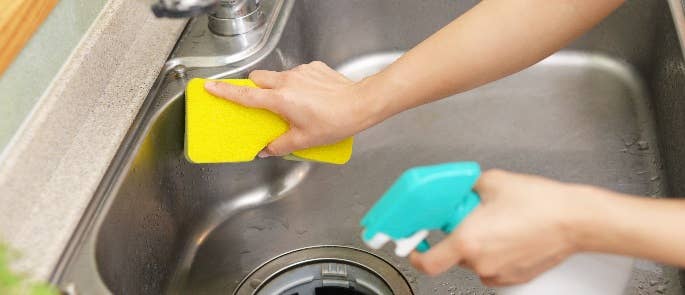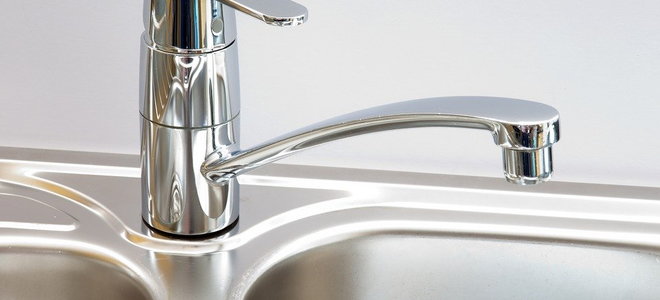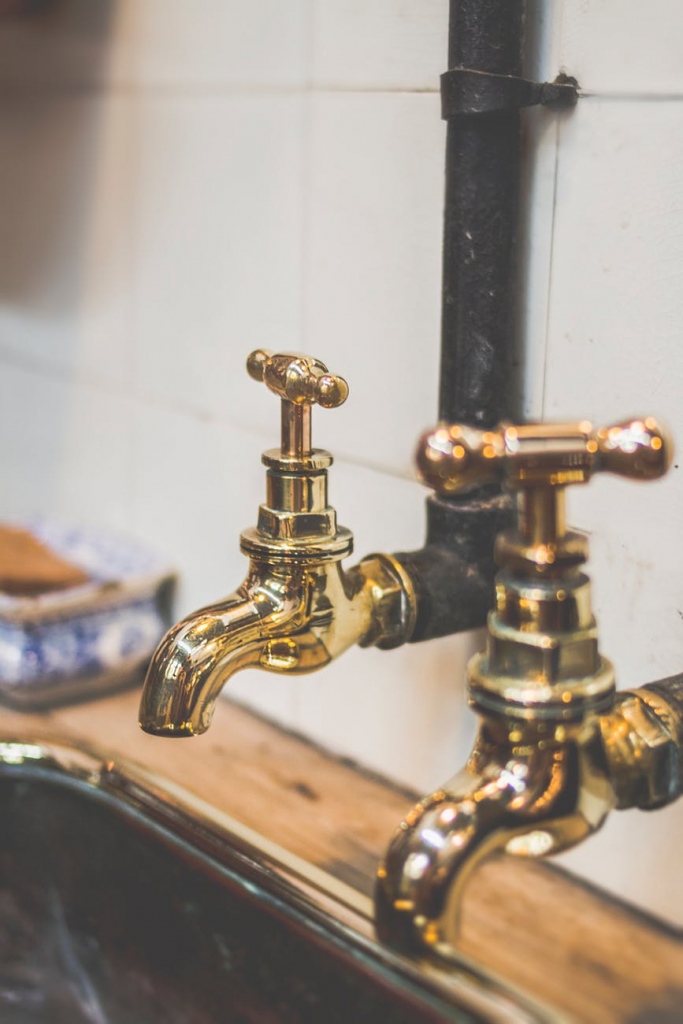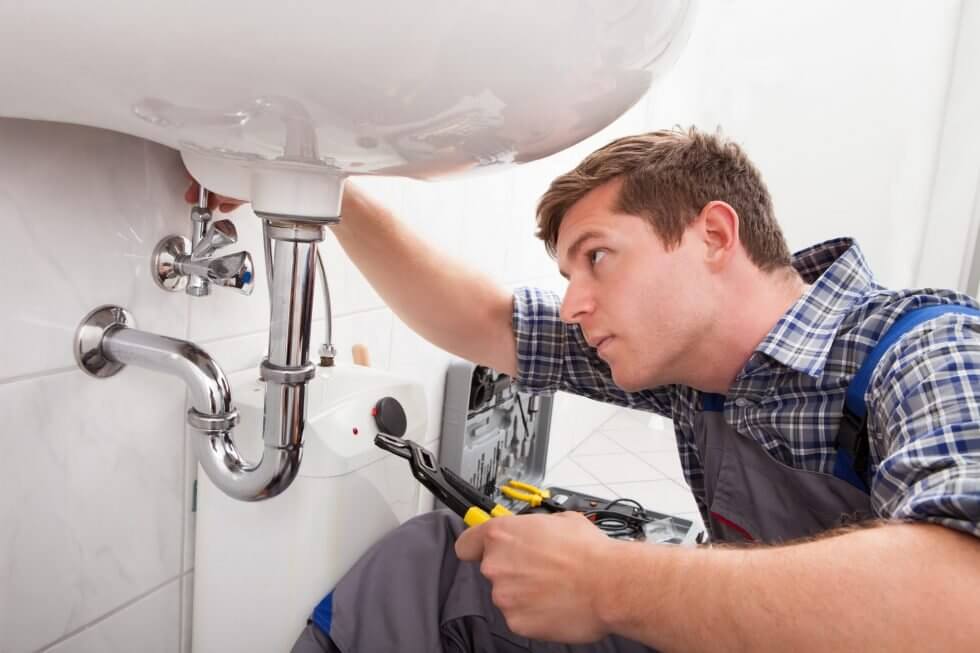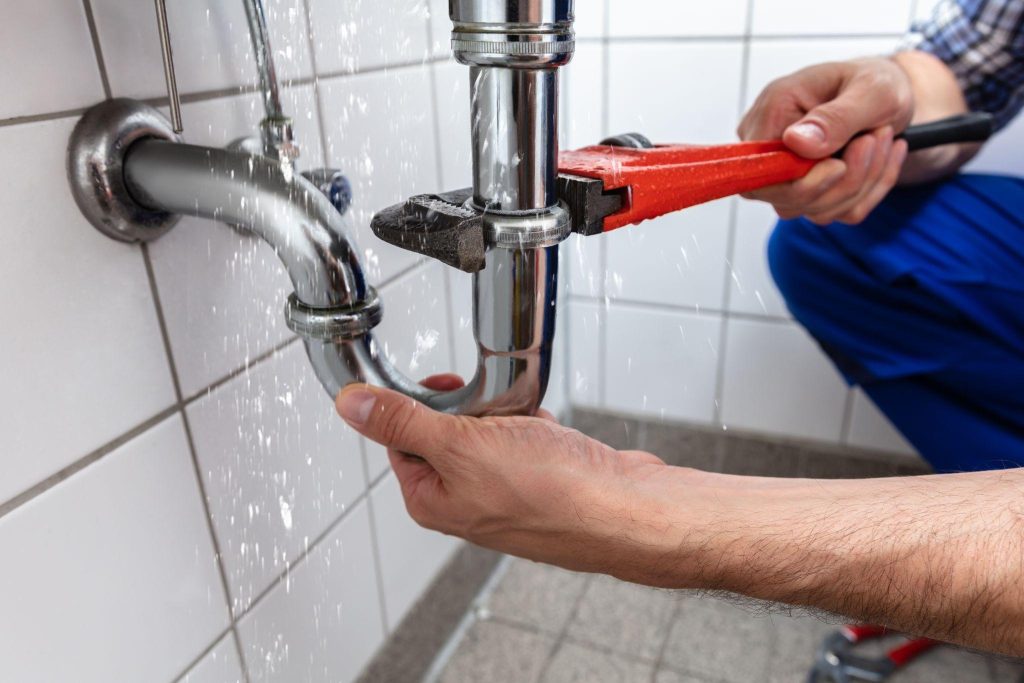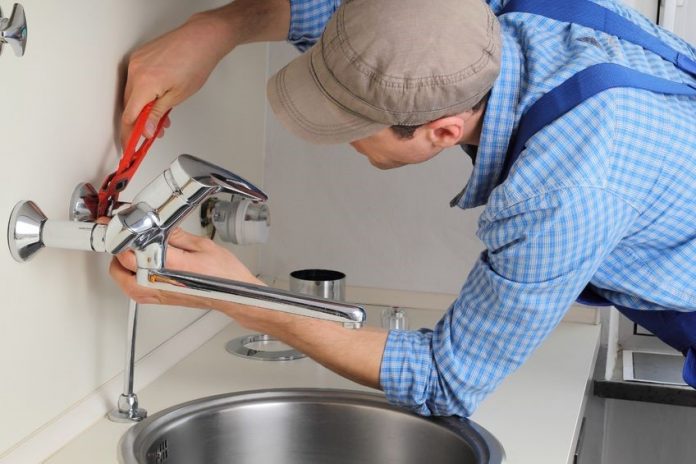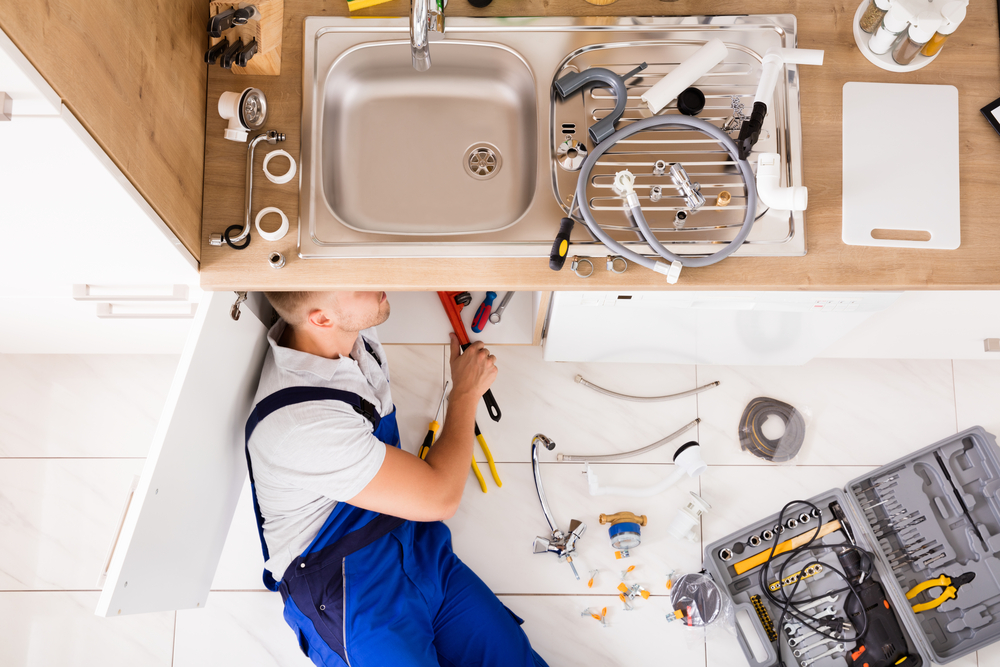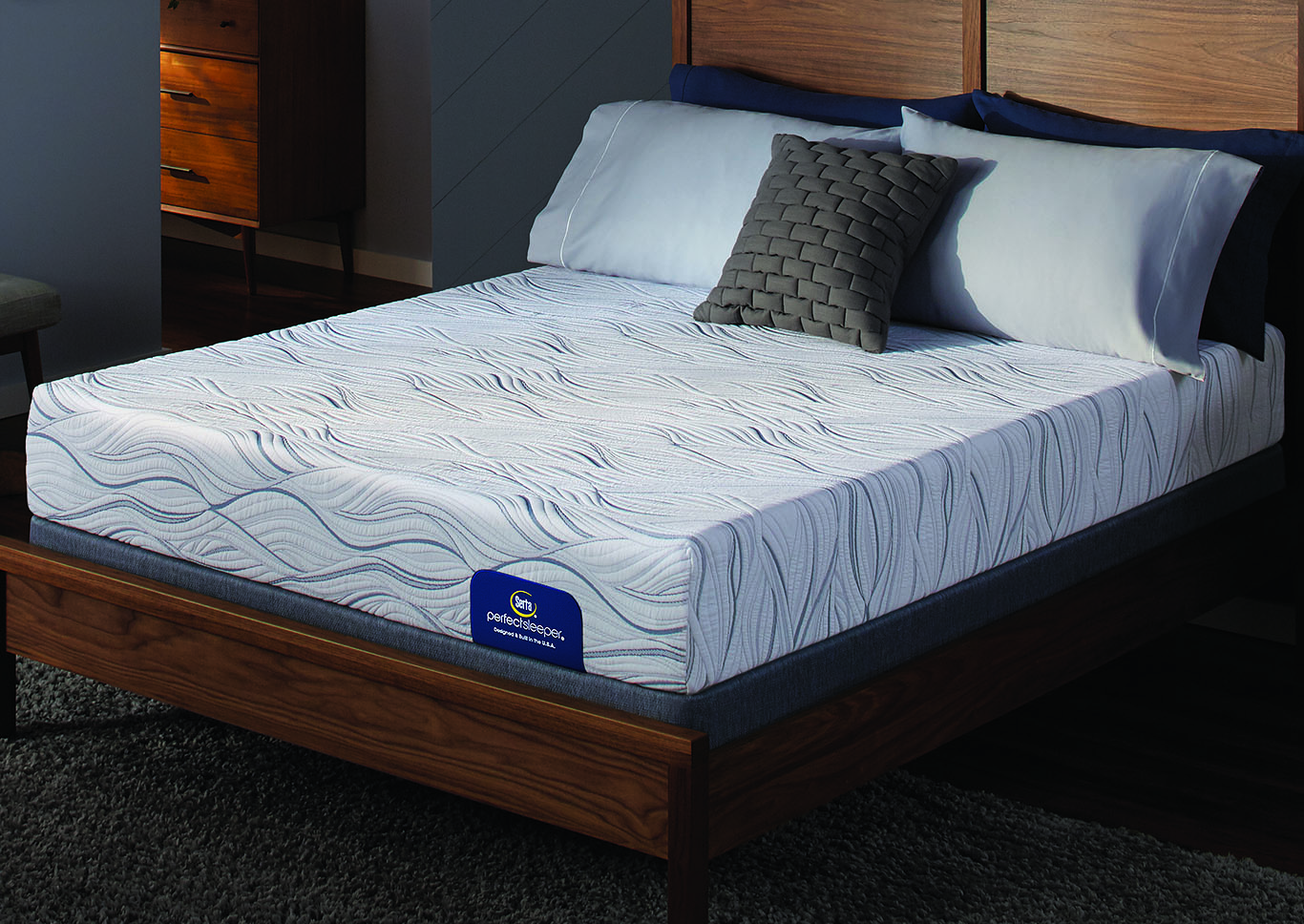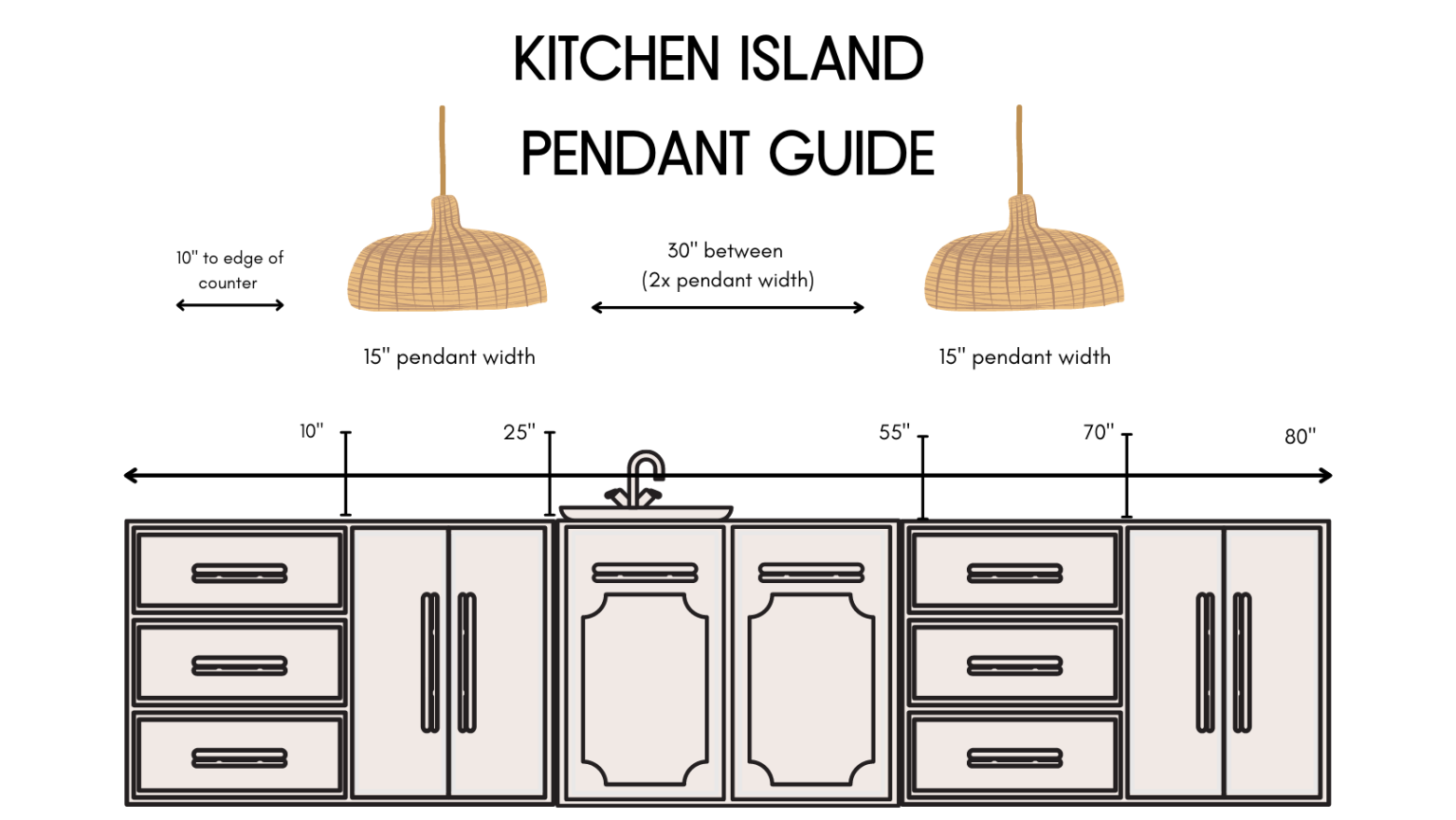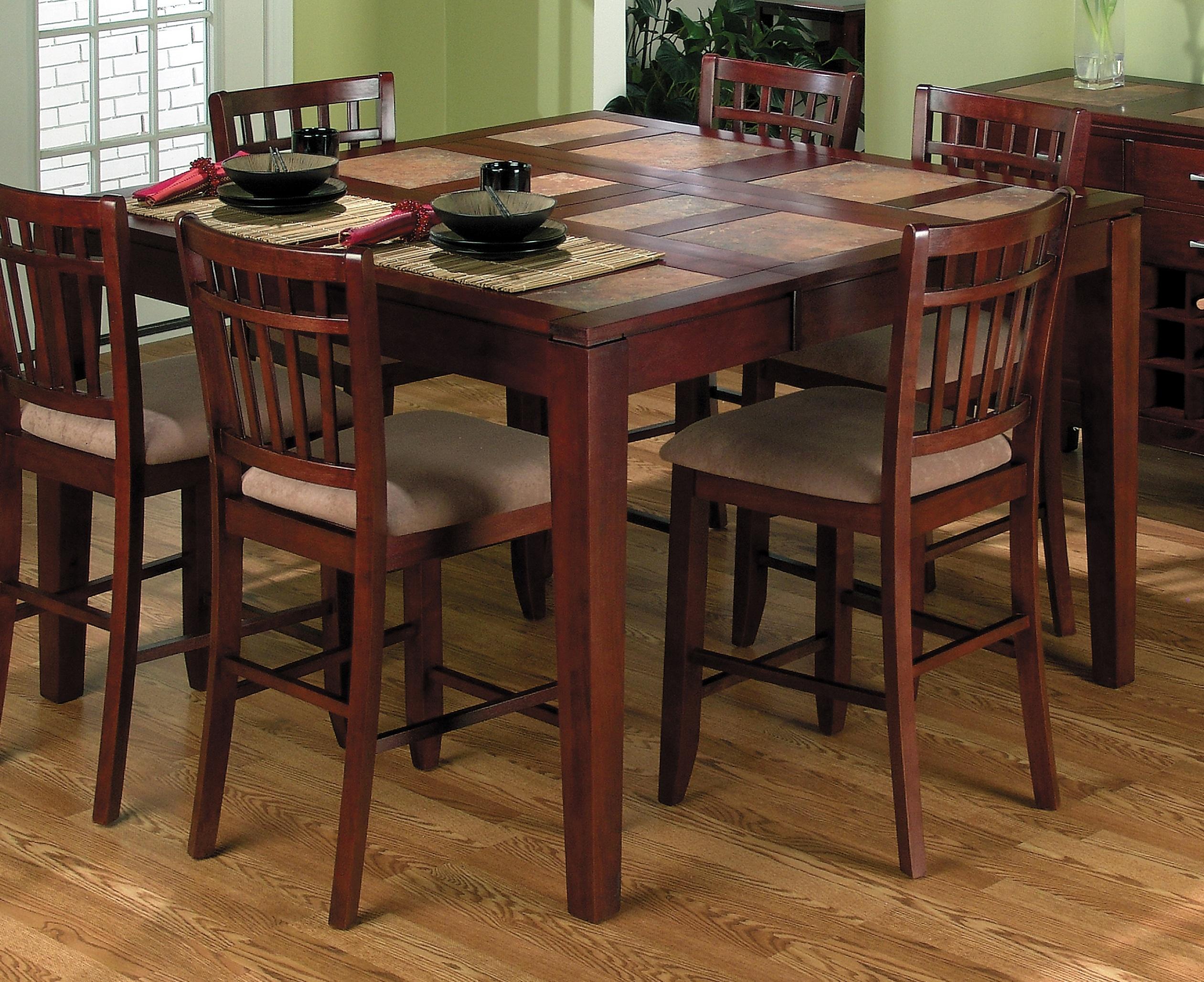If you've noticed a foul odor coming from your kitchen sink after taking a shower, you're not alone. This is a common problem that many homeowners face and can be caused by a variety of factors. Understanding the root cause of the sewage odor is the key to getting rid of it for good. One of the main causes of sewage odor in a kitchen sink after a shower is a clogged or blocked drain. When the water from your shower goes down the drain, it can push debris and other materials into the pipes. Over time, this buildup can lead to a foul odor emanating from your sink. Another possible cause is a damaged or malfunctioning vent pipe. The vent pipe allows air to flow through the plumbing system and helps to prevent odors from building up. If the vent pipe is damaged or blocked, it can cause a backup of sewage gases and lead to an unpleasant smell in your kitchen. Improperly installed or damaged plumbing can also be a culprit. If the pipes are not properly sealed or there are cracks or leaks, sewage odor can escape into your kitchen. This is especially common in older homes or homes with DIY plumbing installations. Additionally, a dry P-trap can cause sewage odor in the kitchen sink after a shower. The P-trap is a curved section of pipe under the sink that traps a small amount of water to prevent sewer gases from entering your home. If this trap dries out, it can allow the gases to escape into your kitchen.Causes of Sewage Odor in Kitchen Sink After Shower
Now that you know the potential causes of sewage odor in your kitchen sink after a shower, it's time to learn how to get rid of it. Here are some DIY solutions to try: Clean the drain: The first step is to clean out the drain. You can do this by pouring a mixture of hot water and vinegar down the drain, followed by a small amount of baking soda. Let it sit for a few minutes before flushing it with hot water again. This can help to remove any debris or buildup causing the odor. Check the vent pipe: If you suspect that the vent pipe may be the issue, you can try using a plumbing snake or auger to clear any blockages. Alternatively, you can contact a professional plumber to inspect and repair the vent pipe. Replace damaged plumbing: If you suspect that the plumbing itself is the problem, it's best to contact a professional plumber to assess and repair any damaged or improperly installed pipes. Fill the P-trap: If the P-trap is dry, simply run water down the drain to refill it. This should help to eliminate the odor.How to Get Rid of Sewage Odor in Kitchen Sink After Shower
Prevention is always better than a cure, especially when it comes to unpleasant sewage odors in your kitchen. Here are some tips to help prevent the issue from occurring in the first place: Regularly clean the drain: Make it a habit to clean your drain with the hot water and vinegar mixture mentioned earlier. This will help to prevent any buildup from causing an odor. Use a drain cover: A drain cover can help to catch hair and other debris from going down the drain and causing a blockage. Be mindful of what goes down the drain: Avoid putting anything down the drain that can cause clogs, such as food scraps, grease, and oil. Have regular plumbing maintenance: It's important to have a professional plumber regularly inspect and maintain your plumbing system to catch any potential issues before they become larger problems.Preventing Sewage Odor in Kitchen Sink After Shower
As mentioned earlier, there are a few common plumbing issues that can lead to sewage odor in your kitchen sink after a shower. These include: Clogged or blocked drain: This can be caused by a buildup of debris or materials in the pipes, leading to an unpleasant smell. Blocked or damaged vent pipe: As mentioned earlier, the vent pipe allows air to flow through the plumbing system and prevents odors. If it's blocked or damaged, it can lead to sewage odor in your kitchen. Damaged or improperly installed plumbing: Cracks, leaks, and improper installations can all lead to sewage odor escaping into your kitchen. Dry P-trap: If the P-trap is dry, it can allow sewer gases to escape into your home.Common Plumbing Issues That Cause Sewage Odor in Kitchen Sink After Shower
If you're dealing with sewage odor in your kitchen sink after a shower, there are a few DIY solutions you can try before calling in a professional: Clean the drain: As mentioned earlier, cleaning the drain with a mixture of hot water and vinegar followed by baking soda can help to eliminate any buildup causing the odor. Check the vent pipe: If you suspect the vent pipe may be the issue, you can try using a plumbing snake or auger to clear any blockages. Fill the P-trap: If the P-trap is dry, simply running water down the drain can help to refill it and eliminate the odor.DIY Solutions for Sewage Odor in Kitchen Sink After Shower
If the DIY solutions don't work or you're not comfortable attempting them, it's best to call in a professional plumber. They have the expertise and tools needed to identify and fix any plumbing issues causing the sewage odor in your kitchen. They may also recommend regular plumbing maintenance to prevent the issue from recurring in the future. This can save you time, money, and the hassle of dealing with unpleasant odors in your home.Professional Plumbing Services for Sewage Odor in Kitchen Sink After Shower
In some cases, sewage odor in the kitchen sink after a shower could be a sign of a larger plumbing problem. Here are some signs to look out for: Multiple drains are affected: If the odors are coming from more than just your kitchen sink, it could indicate a larger issue with your plumbing system. Slow draining: If the water in your sink is slow to drain, it could be a sign of a clog or blockage in the pipes. Strange noises: If you hear gurgling or bubbling noises when water is draining, it could indicate a clogged or damaged vent pipe. If you notice any of these signs, it's best to contact a professional plumber to assess and address the issue.Signs of a Larger Plumbing Problem Causing Sewage Odor in Kitchen Sink After Shower
Maintaining a clean kitchen sink is essential for preventing sewage odor after a shower. Here are some tips to keep your sink clean and odor-free: Regularly clean the sink: Wipe down the sink with a mild cleaner or vinegar and water solution to remove any buildup or residue. Don't let food scraps go down the drain: Avoid putting food scraps down the drain to prevent clogs and odors. Use a drain catch: A drain catch can help to catch hair and other debris that can cause clogs and odors. Run hot water down the drain: After using the sink, run hot water down the drain to help prevent any buildup or odors.How to Clean and Maintain Kitchen Sink to Prevent Sewage Odor After Shower
If the DIY solutions haven't worked and you're waiting for a professional plumber to arrive, there are some products and tools you can use to temporarily eliminate the sewage odor in your kitchen sink: Drain cleaners: There are various drain cleaners available that can help to break down and remove any buildup causing the odor. Plumbing snake or auger: These tools can help to clear any blockages in the drain or vent pipe. Baking soda and vinegar: As mentioned earlier, this mixture can help to remove buildup and eliminate odors.Products and Tools to Eliminate Sewage Odor in Kitchen Sink After Shower
Regular plumbing maintenance is crucial for preventing sewage odor in your kitchen sink after a shower. By having a professional plumber regularly inspect and maintain your plumbing system, they can catch any potential issues before they become larger problems. They can also help to clean out any buildup in the pipes and ensure that everything is functioning properly. This can save you time, money, and the hassle of dealing with unpleasant odors in your home.Importance of Regular Plumbing Maintenance to Prevent Sewage Odor in Kitchen Sink After Shower
The Importance of Proper Plumbing in Your Home Design

Ensuring a Pleasant Living Environment
 When designing and building your dream home, there are many factors to consider. From the layout to the color scheme, every detail plays a role in creating a comfortable and inviting living space. However, one aspect that is often overlooked is the plumbing system. A properly designed and maintained plumbing system not only ensures the functionality of your home, but also plays a crucial role in maintaining a pleasant living environment. One common issue that can arise from poor plumbing design is the presence of
sewage odor in the kitchen sink after showering
. Let's take a closer look at why this occurs and how it can be avoided.
When designing and building your dream home, there are many factors to consider. From the layout to the color scheme, every detail plays a role in creating a comfortable and inviting living space. However, one aspect that is often overlooked is the plumbing system. A properly designed and maintained plumbing system not only ensures the functionality of your home, but also plays a crucial role in maintaining a pleasant living environment. One common issue that can arise from poor plumbing design is the presence of
sewage odor in the kitchen sink after showering
. Let's take a closer look at why this occurs and how it can be avoided.
The Cause of Sewage Odor in the Kitchen Sink
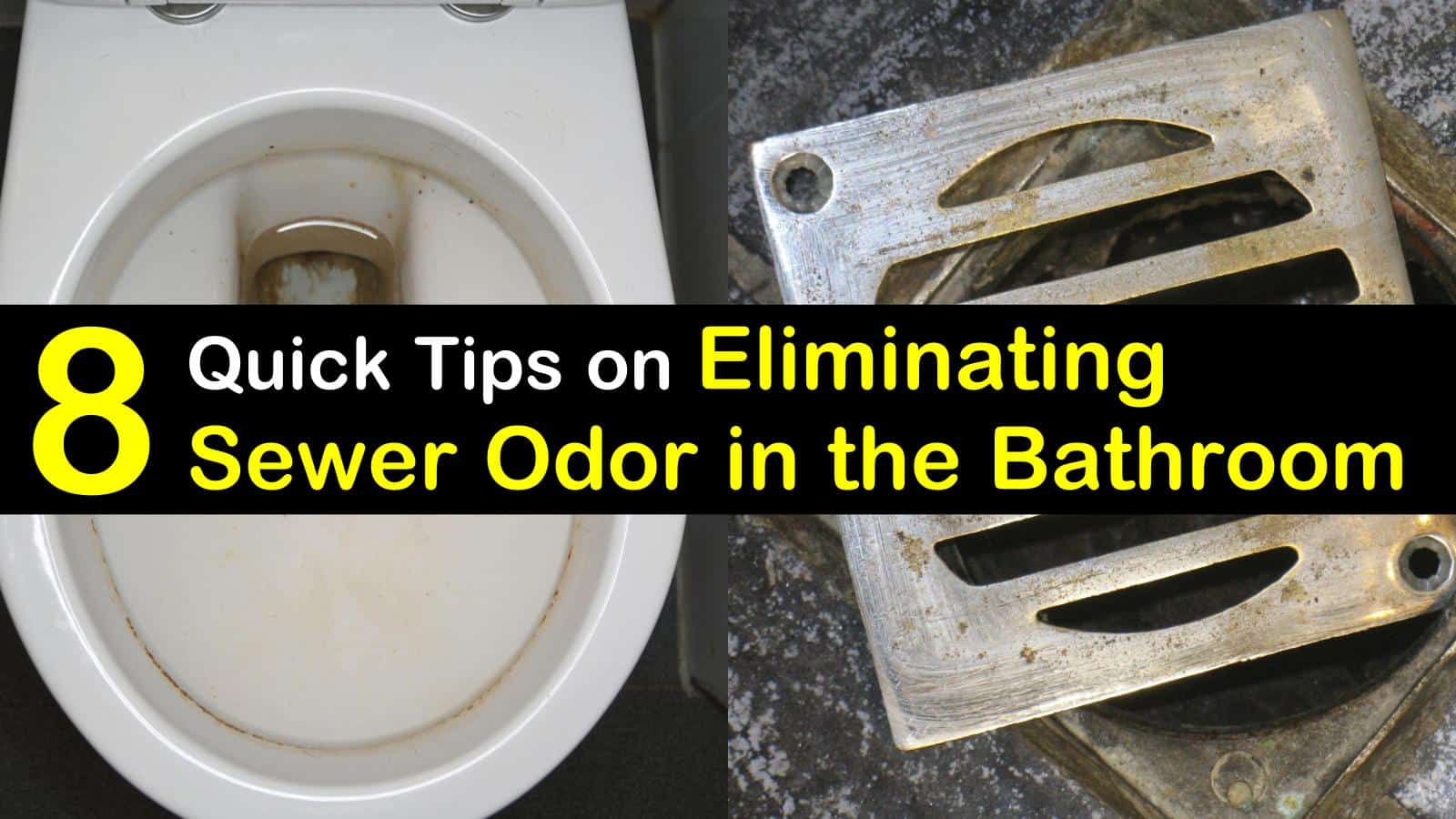 If you've noticed a foul smell lingering in your kitchen after taking a shower, the most likely culprit is your plumbing system. When water drains from your shower, it enters the main drainage pipe and is carried to the sewer or septic tank. However, if there are any issues with your plumbing, such as clogs or leaks, the water may not flow freely and can become trapped in the pipe. This stagnant water then produces a strong odor that can seep up through your kitchen sink drain.
If you've noticed a foul smell lingering in your kitchen after taking a shower, the most likely culprit is your plumbing system. When water drains from your shower, it enters the main drainage pipe and is carried to the sewer or septic tank. However, if there are any issues with your plumbing, such as clogs or leaks, the water may not flow freely and can become trapped in the pipe. This stagnant water then produces a strong odor that can seep up through your kitchen sink drain.
The Importance of Proper Plumbing Design
 To prevent sewage odor from infiltrating your kitchen sink, it's essential to have a proper plumbing design in place. This includes properly sized pipes, appropriate venting, and regular maintenance. A professional plumber can assess your home's plumbing needs and ensure that the system is designed to effectively remove wastewater and prevent any backups or clogs. Additionally, regular maintenance and repairs can catch any issues before they become major problems, saving you time and money in the long run.
To prevent sewage odor from infiltrating your kitchen sink, it's essential to have a proper plumbing design in place. This includes properly sized pipes, appropriate venting, and regular maintenance. A professional plumber can assess your home's plumbing needs and ensure that the system is designed to effectively remove wastewater and prevent any backups or clogs. Additionally, regular maintenance and repairs can catch any issues before they become major problems, saving you time and money in the long run.
Remedies for Sewage Odor in the Kitchen Sink
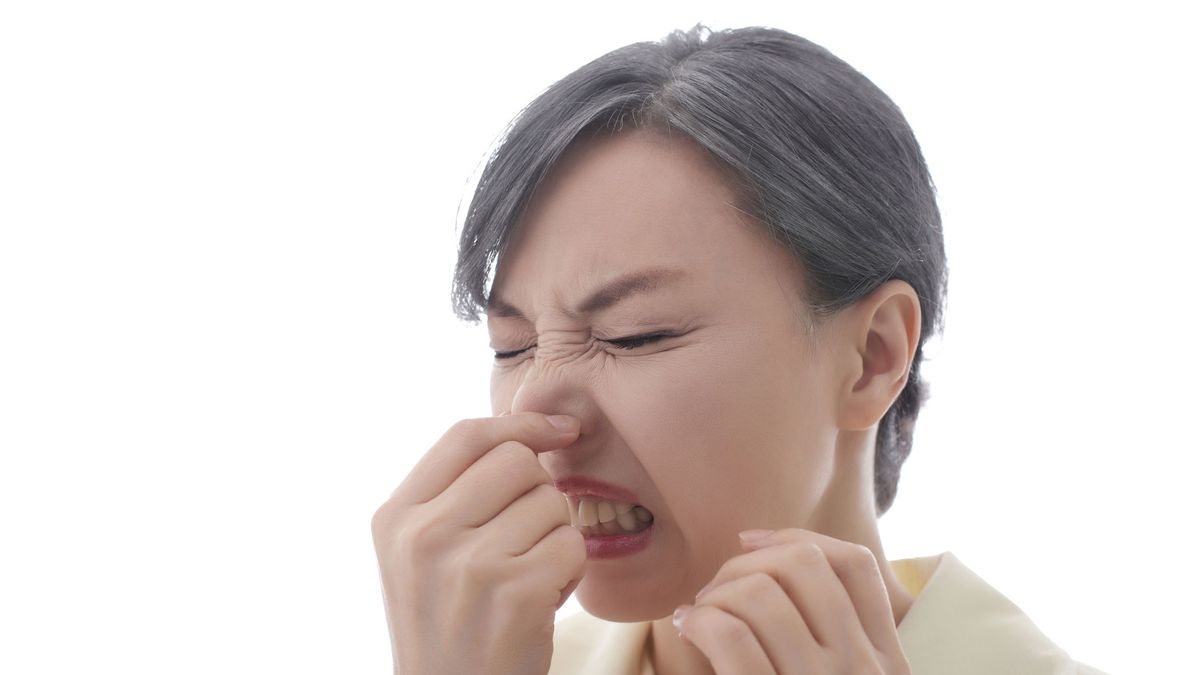 If you're already experiencing sewage odor in your kitchen sink, there are a few remedies that can help eliminate the smell. First, try running hot water down the drain for a few minutes to flush out any stagnant water. You can also try pouring a mixture of
white vinegar and baking soda
down the drain, followed by hot water, to break up any clogs and eliminate odors. However, if the issue persists, it's best to consult a professional plumber to address any underlying plumbing issues.
If you're already experiencing sewage odor in your kitchen sink, there are a few remedies that can help eliminate the smell. First, try running hot water down the drain for a few minutes to flush out any stagnant water. You can also try pouring a mixture of
white vinegar and baking soda
down the drain, followed by hot water, to break up any clogs and eliminate odors. However, if the issue persists, it's best to consult a professional plumber to address any underlying plumbing issues.
Create a Pleasant Living Environment with Proper Plumbing
 In conclusion, a properly designed and maintained plumbing system is crucial for creating a pleasant living environment. By addressing any potential plumbing issues during the design and construction phase of your home, you can prevent the presence of sewage odor in your kitchen sink and ensure the functionality of your plumbing system. Don't overlook the importance of plumbing in your home design and consult a professional plumber for any concerns or issues.
In conclusion, a properly designed and maintained plumbing system is crucial for creating a pleasant living environment. By addressing any potential plumbing issues during the design and construction phase of your home, you can prevent the presence of sewage odor in your kitchen sink and ensure the functionality of your plumbing system. Don't overlook the importance of plumbing in your home design and consult a professional plumber for any concerns or issues.





